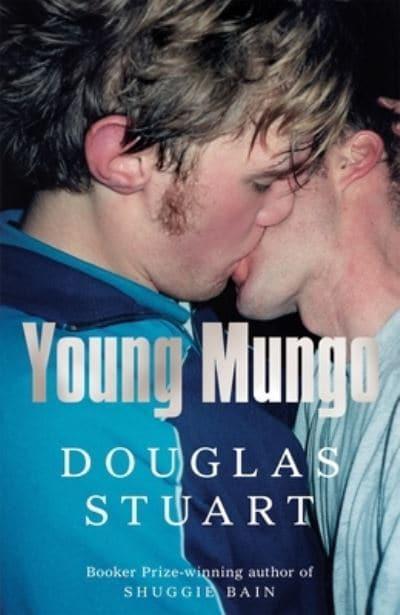

Mungo, Jodie, and Hamish are each hyperaware of the limitations that poverty puts upon their lives, and they each make choices according to these limitations.How do you think that plays into his decision to band together with Hamish in the brawl with the Catholics that even Jodie insists he join? What about his risky acquaintance with Chickie Calhoun, whom the boys of the scheme consider "sub-human, sub-them" (p. As a queer young man in a tough Glaswegian scheme with a baked-in allegiance to a violent brother, Mungo has no safe means to express himself and nobody he can trust.

Does naming our dark sides help rob them of power? Is there a point-as in Jekyll and Hyde-when this coping mechanism loses its power? If that point comes for Tattie-bogle, when?

The author communicates a great deal about the characters through their physical idiosyncrasies: Jodie with her "Haaah-ha" and Mungo with his facial tics and compulsive picking, as well as the body language of other characters toward him.How did you experience the repeated shifts between these two settings-Mungo, Gallowgate, and St Christopher at the loch, and Mungo, James, and the Hamilton family in Glasgow? How did you interpret the overlapping of the novel's two basic genres: a thriller tinged with violent horror and a queer romance? The novel takes place on two distinct time lines, and the painful connection between the two eventually becomes clear.


 0 kommentar(er)
0 kommentar(er)
